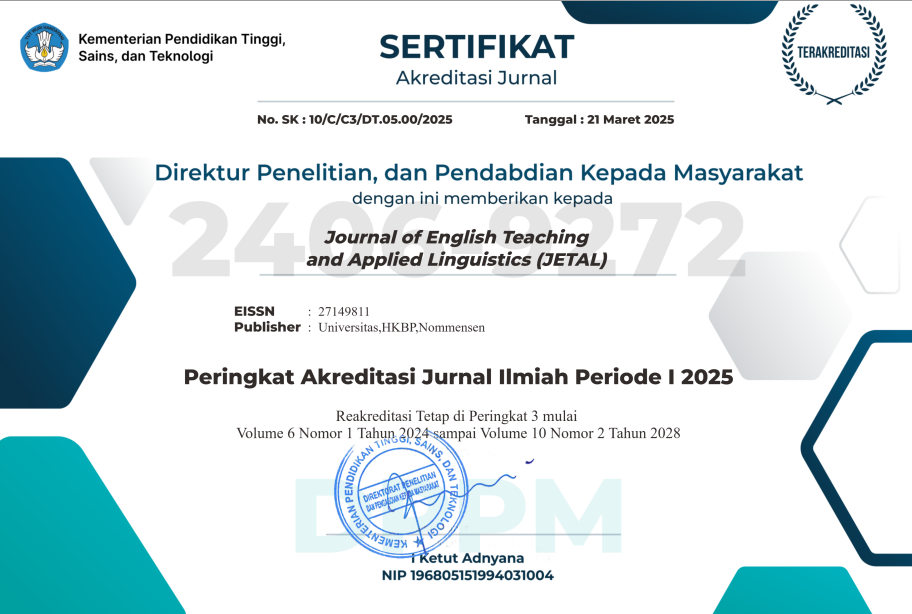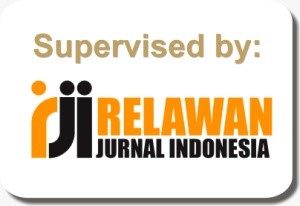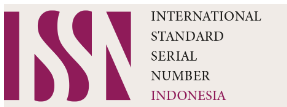SOCRATIC QUESTIONS USED BY THE SEVENTH SEMESTER STUDENTS OF ENGLISH DEPARTMENT OF FKIP NOMMENSEN IN SEMINAR CLASS
Abstract
This study is aimed to know to find out the types of Socratic questions used by the students of seventh semester in English Department of FKIP UHN Medan. This research was conducted by descriptive qualitative where the subject is seventh English Department students in Nommensen University academic year 2019/2020 on Seminar Class and the data is students’questions. After analizing questions, it was found that Socratic questions used by the seventh semester of English students in FKIP UHN Medan are questions and clarification, questions that prope purposes, questions that probe assumptions, Question that Probe Information, Reason, Evidence, and Cause, Question about viewpoints or perspectives, Questions that Probe Implication and Consequences, Question about question, Question that Probe Concept, and Questions that probe Inferences and Interpretation. The most dominant is Question that Probe Information, Reason, Evidence, and Cause. It means that the students’ ability in making questions in seminar on ELT presentation is still on the level of getting information from the text, less to have capacity to view or to judge things from some other perspectives, less of preparing themselves reading the seminar paper before the presentation starts. The writer assumed that the students lack of reading.
References
Brewer, P. (2000). Socratic Seminar in the Block. Amazon.com.
Copeland, M. (2000). Socratic Circle: Fostering Critical Thinkig, Routledge.
Moelang, L.J. (2001). Metodologi Penelitian Kualitatif: Bandung: PT Remaja Rasda Karya.
Napitupulu, S. (2015). Handout: Guidance for Seminar Preparation. Medan
Orellanna, P (2008). Maieutic Frame Presence and Degree of Degree of Quantity and Quality of Argumentation in a Paidea Seminar( PhD diss,, University of North Carolina
Paul and Elder. (2006). 30 days to Better and Better living through Critical Thinking. The Foundation for Critical Thinking.
Paul and Elder.(1998). The Role of Socratic Questioning and Thinking. Teaching and Learning Research Library
…………………..(2004). The Miniature Guide on the Art of Asking Essensial Questions for Students and Teachers. Dilon Beach, CA. Foundation for Critical Thinking.
Smith, N. (2000). The Philosophy of Socrates. Westview Press.
http://wikipedia.org/wiki/socratic-question
http://www.nwarbr.org/sites/.../SocSem.p
www.socraticmehod.net/...socratic_method
www.criticalthinking.org.com
Authors retain copyright and grant the journal right of first publication with the work simultaneously licensed under a Creative Commons Attribution-ShareAlike 4.0 International License (CC BY-SA 4.0) that allows others to share the work with an acknowledgment of the work's authorship and initial publication in this journal.
Authors are able to enter into separate, additional contractual arrangements for the non-exclusive distribution of the journal's published version of the work (e.g., post it to an institutional repository or publish it in a book), with an acknowledgment of its initial publication in this journal.
Authors are permitted and encouraged to post their work online (e.g., in institutional repositories or on their website) prior to and during the submission process, as it can lead to productive exchanges, as well as earlier and greater citation of published work (See The Effect of Open Access).






